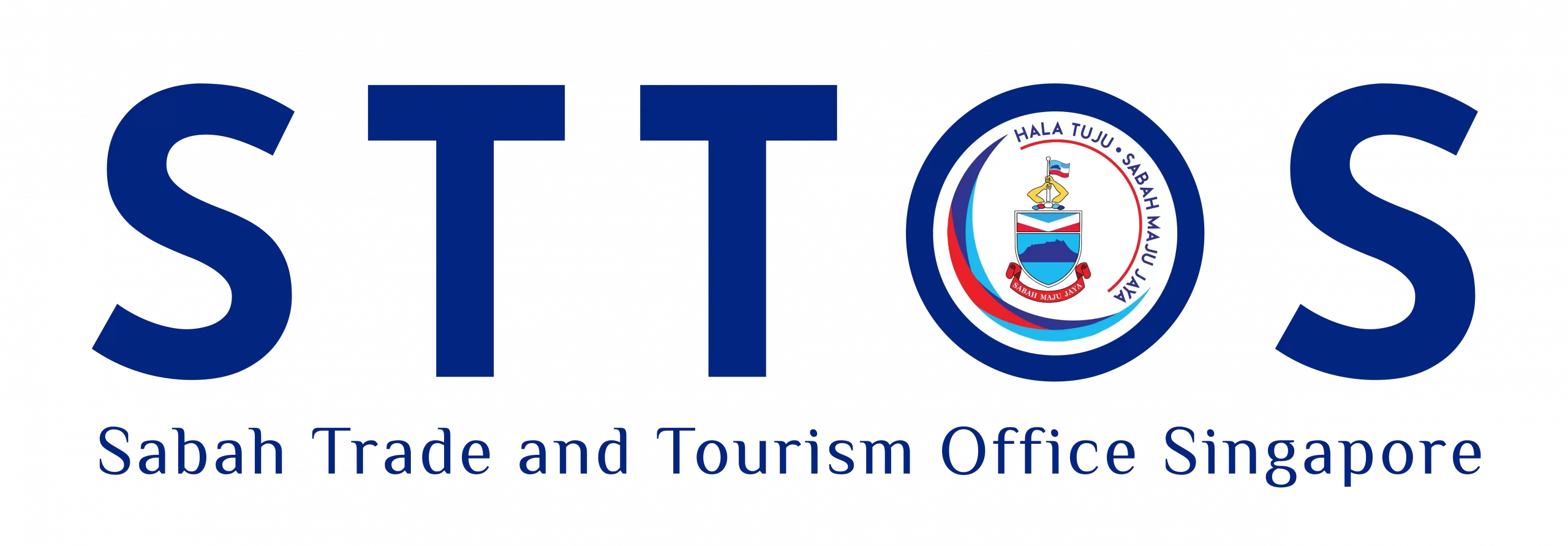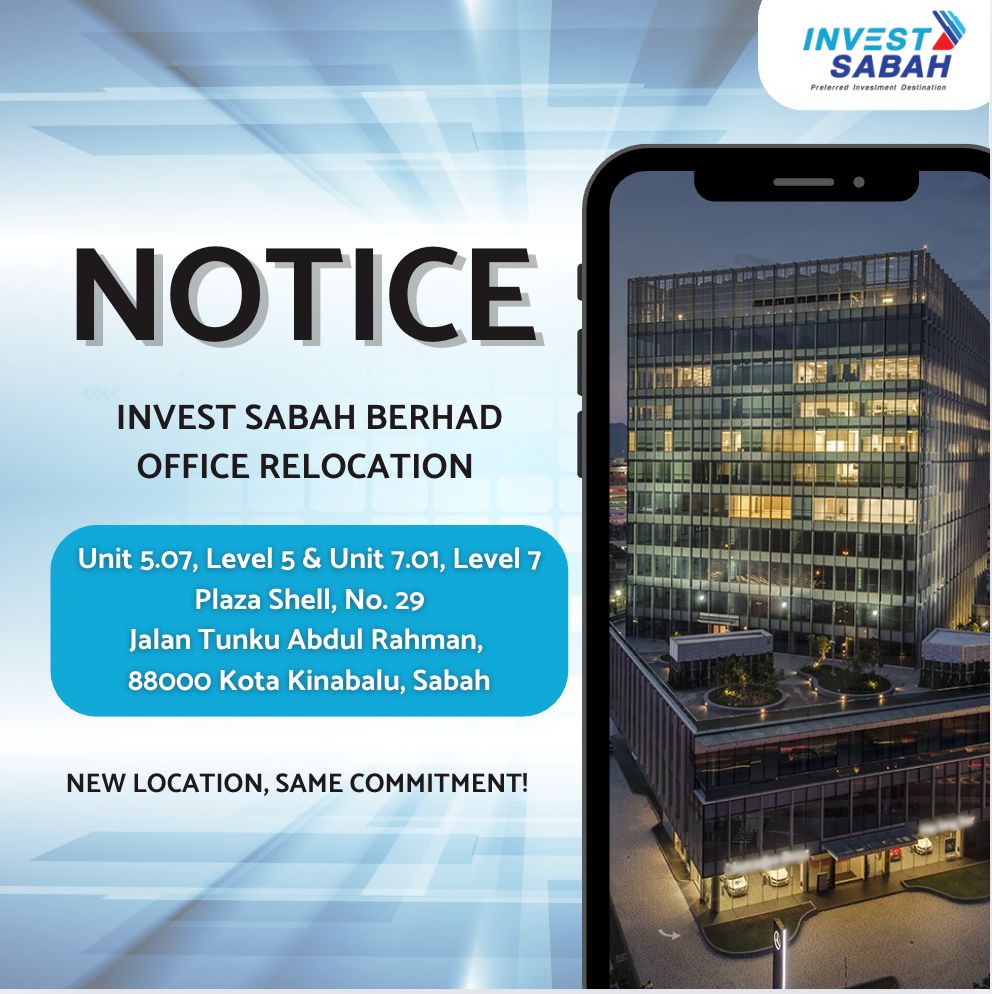Home » Investment Opportunities » Infrastructure & Utilities
Investment Opportunities: Infrastructure & Utilities
Investment in Infrastructure & Utilities
Investment in infrastructure and utilities plays a crucial role in driving economic growth and enhancing the quality of life in Sabah. As a state rich in natural resources and with a rapidly growing population, Sabah recognizes the importance of robust infrastructure and reliable utilities to support its development aspirations.
One of the key areas of investment in Sabah is transportation infrastructure, including roads, ports, and airports. Improved road networks facilitate the movement of goods and people across the state, connecting rural areas to urban centers and enhancing accessibility. Additionally, investments in ports and airports strengthen Sabah’s position as a regional trade and tourism hub, facilitating the flow of goods and attracting investment.
Sabah also prioritizes investment in energy infrastructure to meet the growing demand for electricity and support industrial development. The state’s abundant renewable energy resources, including hydroelectricity and biomass, present opportunities for sustainable energy generation. Investments in power generation and transmission infrastructure not only ensure reliable access to electricity but also contribute to reducing carbon emissions and mitigating climate change.
Our Statistics
K3 focused on driving development of the logistics sector (sea freight & air cargo) to support manufacturing, agro-food & agro-marine exports. High costs in logistic for industries in Sabah compounded by the slow pace of infrastructure development, and unclear policy support. The volume of container exports is relatively low while port and airport infrastructure
have limited capacity. Policies favouring shipping lines shift costs to industry.
Reasons to invest:
5 Airports
Sabah has a network of five airports
8 Ports
Sabah has a total of 8 ports
Pan Borneo Highway
5,324-kilometre Pan Borneo Highway
Initiatives:
Sapanggar Bay Container Port (SBCP)
Transshipment hub connecting domestic ports to global markets
KKIA International Air cargo Hub
Sabah Aviation Hub - Export high-value agro-food and agro-marine products to Easy Asian cities
Sandakan, Lahad Datu & Tawau as Regional Trading Hubs
Maximise infrastructure netwok to become the regional trading hub in BIMP-EAGA
Sandakan, Lahad Datu & Tawau as Air Cargo Supporting Spokes
Maximise infrastructure netwok to become the regional trading hub in BIMP-EAGA
Investment Opportunities
Cold-Chain Logistics Hub
Sabah is positioned to become the hub for cold-chain logistics in the region with its strategic location within the Brunei Darussalam–Indonesia–Malaysia–Philippines East ASEAN Growth Area (BIMP-EAGA) region and its proximity to Indonesia’s new capital city in Kalimantan. Sabah’s strategic location opens access to a market of approximately 24 million people across the island of Borneo, spanning the Malaysian state of Sarawak, Indonesian state of Kalimantan, and the country of Brunei.
Health and Pharmaceutical Sectors
Currently the Asia-Pacific region accounts for over 56 percent of the global population which brings focus to the region’s consumption of food, healthcare products, and services. The health and pharmaceutical sectors are responding to the Asia-Pacific’s growing population and increasing demand for medical support and cold chain shipping in the region.
Energy Commission of Sabah (ECoS)
ECoS, a statutory body under the Sabah State Government, operates as the state’s energy regulator, overseen by the Chief Minister. Its primary goal is to ensure the delivery of secure, sustainable, affordable, and accessible energy across Sabah. ECoS regulates on-shore gas supply and electricity supply, including renewable energy sources.
Sabah State Railway Department (JKNS)
The Sabah State Railway Department (JKNS) manages and maintains Sabah’s railway infrastructure, facilitating safe and efficient transportation across the state. JKNS contributes to economic development, connectivity, and sustainable mobility by modernizing and expanding railway services while preserving cultural heritage.
Ready to invest? Talk to our team today.
We provide assistance to facilitate your business.





